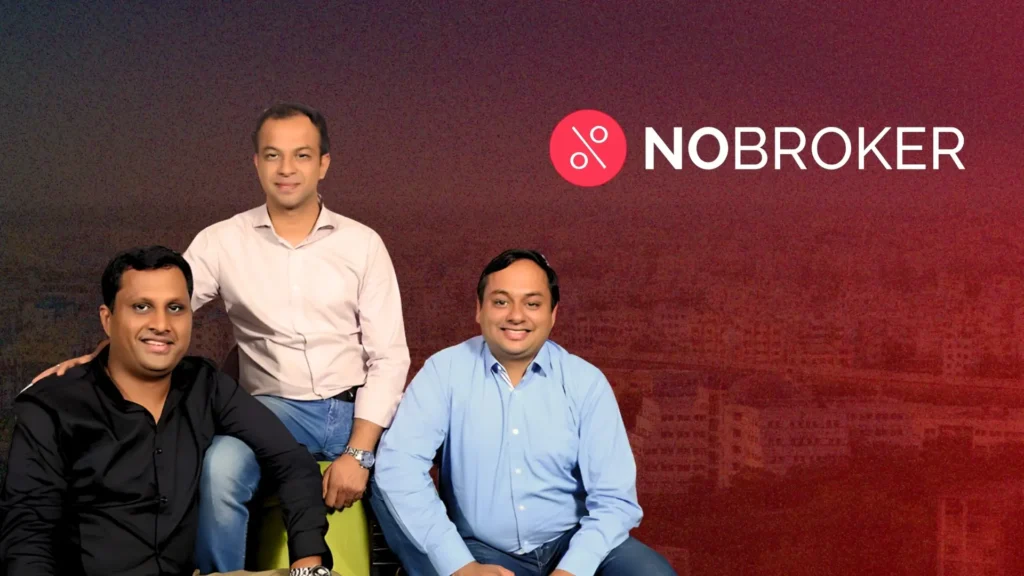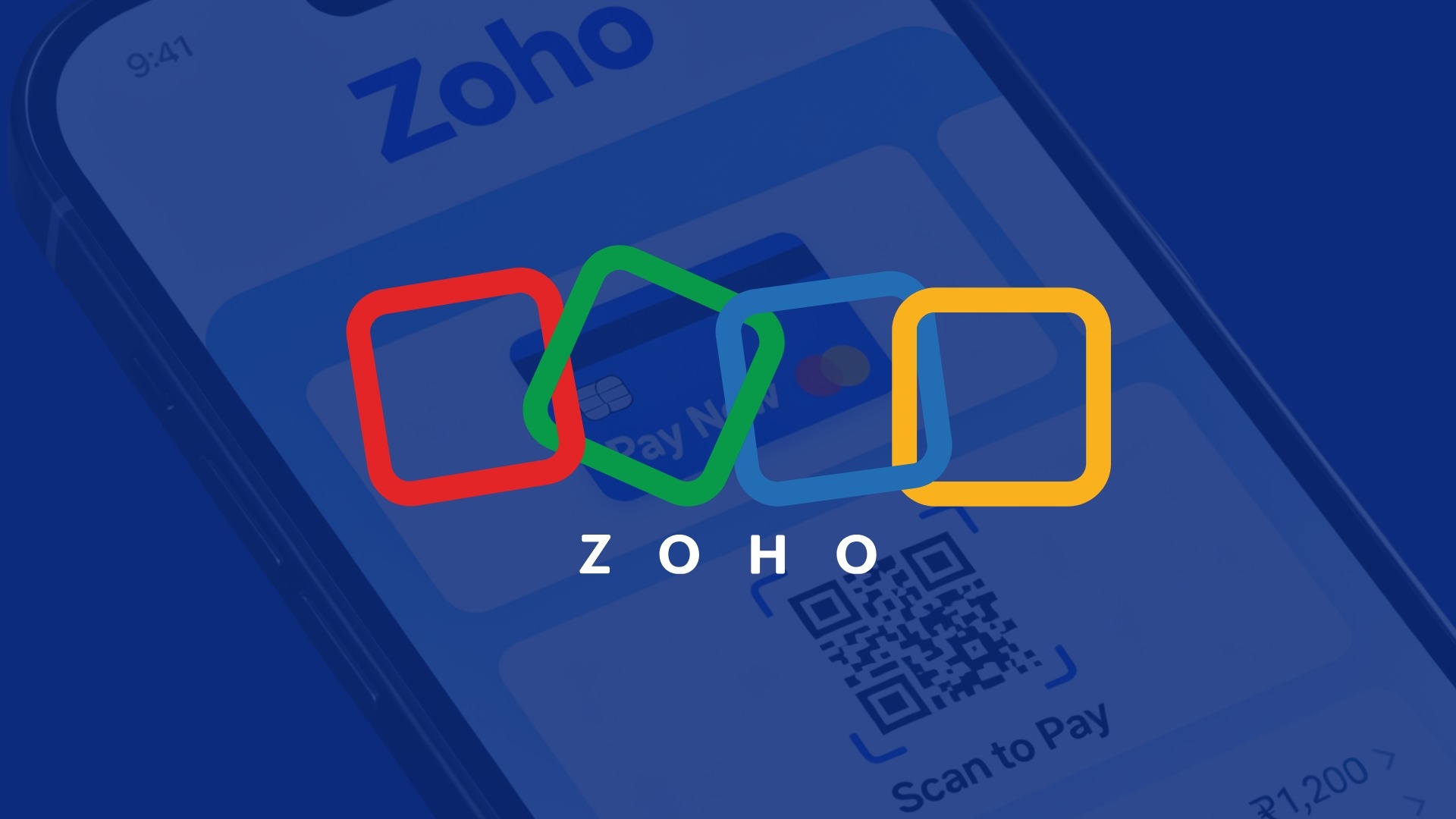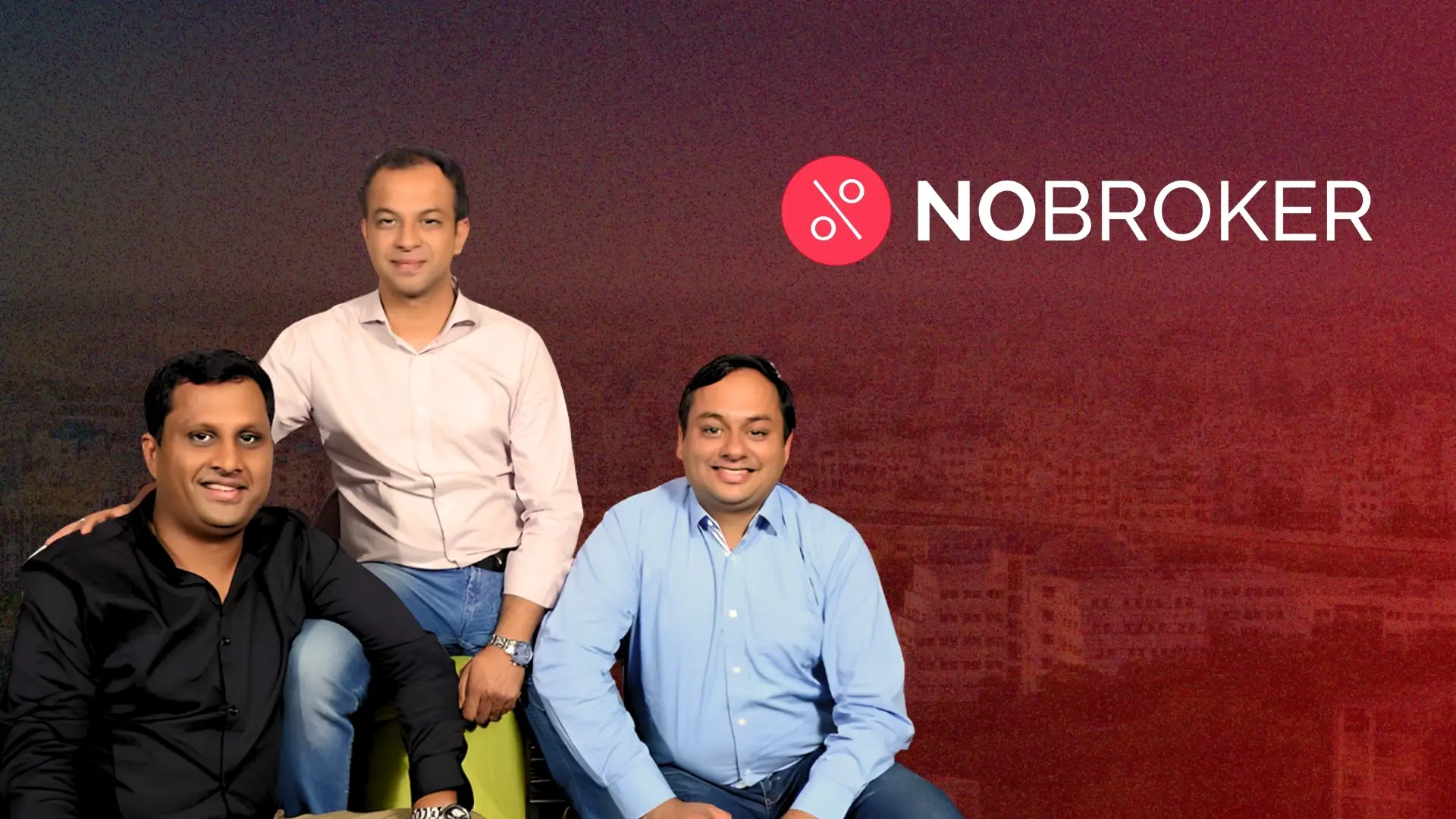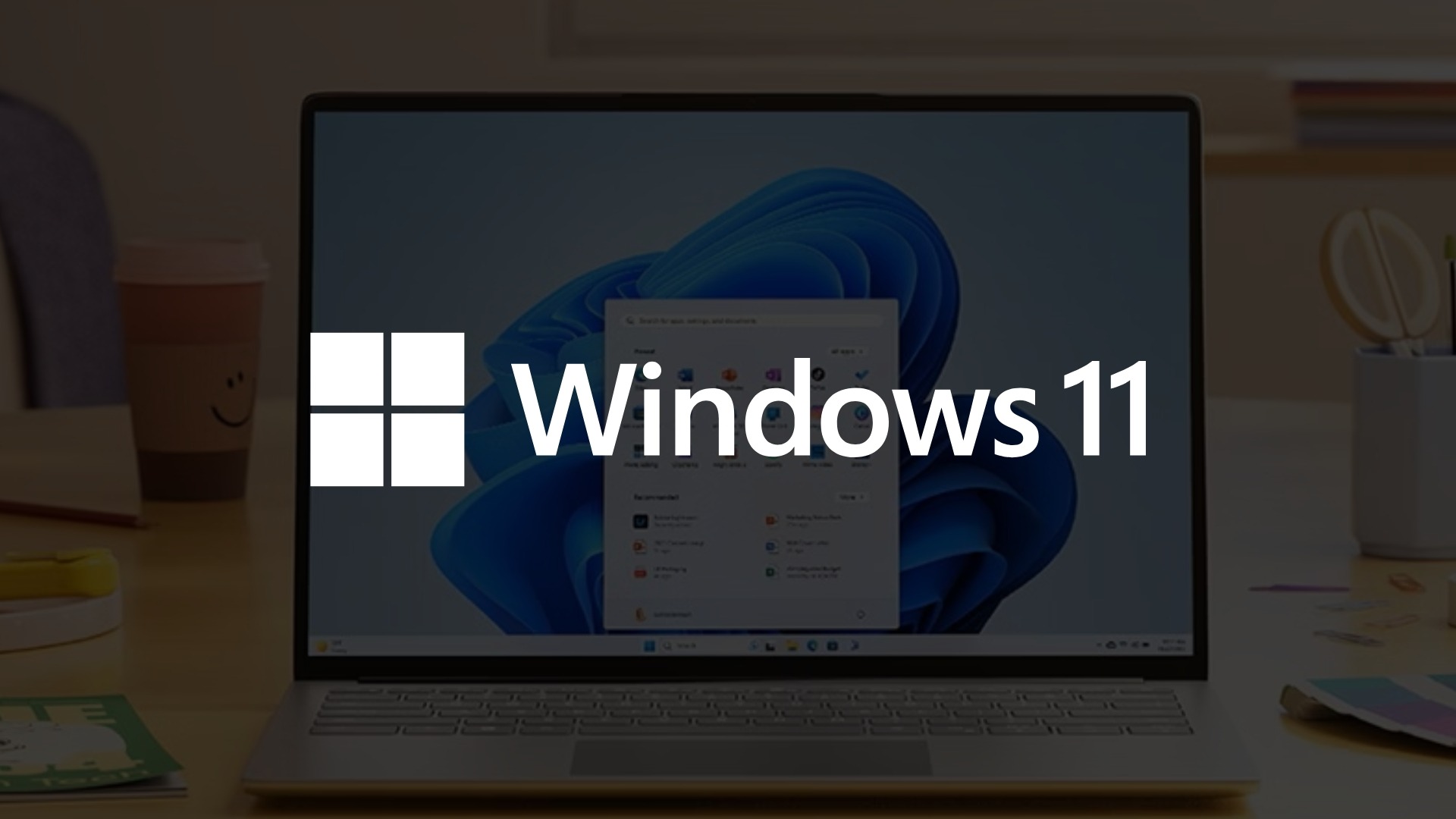India’s real estate market is so vast, and people have a separate fan base for real estate after gold. For generations, we all have been investing in real estate. But, as we are seeing the rise in the market and a greater number of people starting their own ventures and developing layouts and other real estate projects, we have seen a massive rise of brokers all over the country.
From a small plot to a multi-crore project, brokers are all over the place and trying to get commissions on both sides, which means from the seller and the buyer, and eventually the broker is someone who is getting benefitted. Not just the land; even in cities, if we want to rent out a flat, brokers or agents are the ones who play a key role. Even then they will charge a high commission. That’s the biggest problem these days; we are facing it all over India, especially.
This is where a startup set out to change the game. Founded in 2013-14 by IIT/IIM graduates Amit Kumar Agarwal (CEO), Akhil Gupta (CTO/Product), and Saurabh Garg (CBO), NoBroker was created to cut out the middleman.
The problem was clear: finding a home to rent or buy in India often meant dealing with a local broker, paying a hefty brokerage fee, navigating opaque listing information, and dealing with inconsistent verification and countless visits. The value proposition of the broker was often minimal (matching + negotiation + paperwork), but the cost to the consumer was significant.
So NoBroker’s mission is to connect owners and tenants/buyers directly and build trust and services around that, and they largely removed the broker tax.
But solving the broker problem was not as easy as building a website. The real challenge was trust. People didn’t trust strangers when it came to property. Brokers used to play that “trusted middleman” role even though they charged for it. NoBroker had to build that trust digitally.
So, in order to tackle those challenges, they did it by adding verified listings, genuine owner details, and assisted plans for those who wanted extra help.
Over time, they also launched value-added services like legal paperwork assistance, rental agreements, and property visits. Slowly, the platform started to build credibility; people realized that renting or buying without a broker was actually possible.
But that’s not all. Over the years, NoBroker has cleverly diversified its revenue streams by offering value-added plans and services for those who need extra assistance.
NoBroker operates on three primary revenue models, such as the Freemium model for tenants, the Freedom Plan, the Relax Plan, and the Moneyback Plan.
In addition to these, NoBroker generates significant income from its wide range of home services, including packers and movers, home cleaning, painting, interiors, and several other property-related solutions, making it a comprehensive real estate ecosystem.
Now, what actually worked well for the company, and how did it manage to survive the competition?
Now we understood that removing the middleman was one of the key advantages and benefits of the platform. But that’s not the only thing.
Their recommendation algorithm matches tenants with owners based on preferences like budget, location, commute time, and amenities. And then comes the end-to-end convenience.
NoBroker became a one-stop shop. This not only created new revenue streams but also improved user stickiness; people didn’t need to leave the app to get anything done.
One of NoBroker’s smartest moves was launching NoBrokerHood, a society management app that helps residential communities manage security, payments, and communication digitally. It brought NoBroker into users’ daily lives, well beyond property transactions.
NoBroker’s sharp focus on customer experience and consistent innovation has paid off. As of 2024, the company’s valuation crossed $1 billion, making it one of India’s few PropTech unicorns.
But competition is also tough. There are hundreds of players and websites backed with funding, and small-scale players are countless.
But despite these hurdles, they somehow managed to gain the trust of both customers and investors. As a result, if we see the funding details, they have raised more than $368 million across various funding rounds.
And also, if we look at the revenues, NoBroker has shown remarkable financial progress over the years, reflecting the growing acceptance of its brokerage-free model across India’s urban centers.
During the fiscal year ending March 2024, NoBroker’s operating revenue surged by 32%, reaching ₹803 crore, up from ₹609 crore in FY23, according to its standalone financial statements filed with the Registrar of Companies (RoC). It also reduced its losses by 19% year-on-year.
However, while the firm disclosed limited details regarding its cost structure, it reported that around 57% of its total expenses were categorized under miscellaneous overheads.
From the available details of its finances, we can understand that it is growing rapidly over the period.
Today, NoBroker stands as India’s largest C2C real estate platform, with a rapidly expanding user community and a massive property database that reflects its dominance in the PropTech space.
The platform has crossed 30 million registered users, with 16–18 million monthly active users actively searching, listing, or transacting through its ecosystem.
On the supply side, NoBroker hosts an impressive inventory of properties: over 7.5 million listings for rent and more than 3 million properties for sale.
So far, NoBroker has successfully facilitated over 3.6 lakh (360,000) tenant placements and helped more than 3.25 lakh (325,000) people find and buy their dream homes, all without the involvement of a broker.
So, that’s how NoBroker is helping people across India.
Also Read: India’s E-commerce Booms 24% Amid Diwali 2025 Shopping Frenzy










